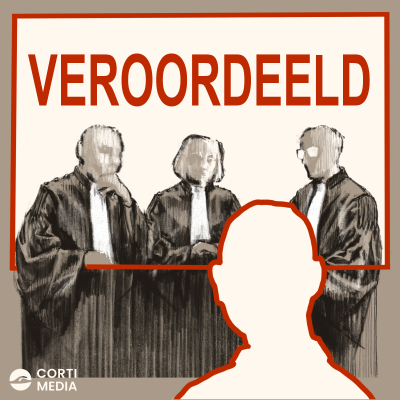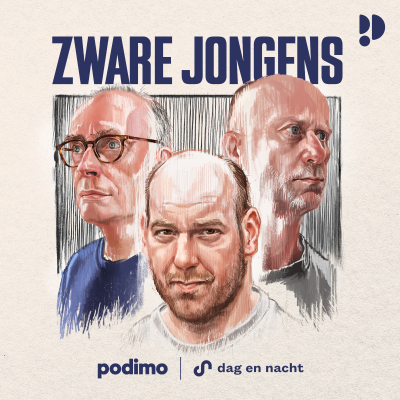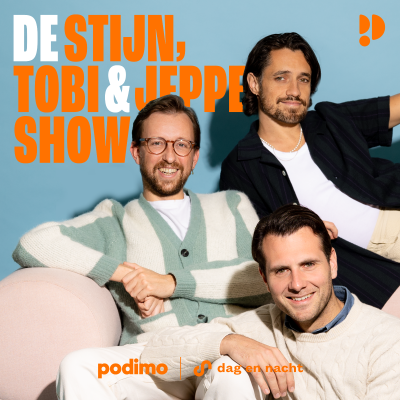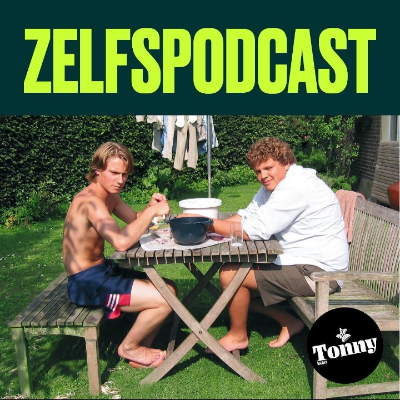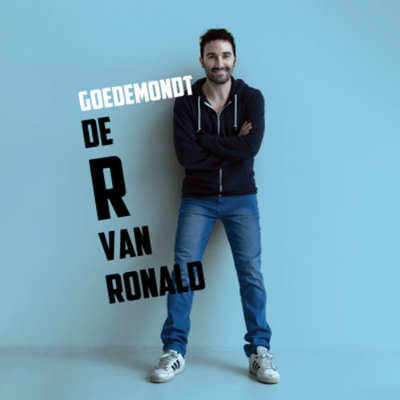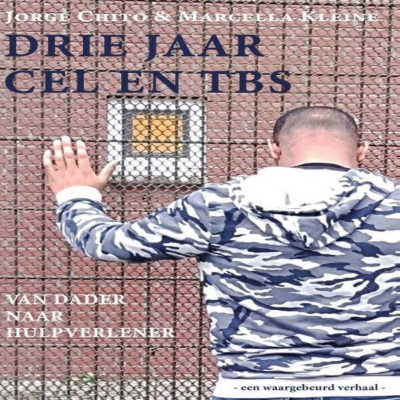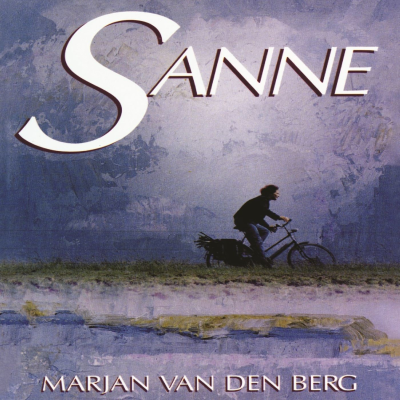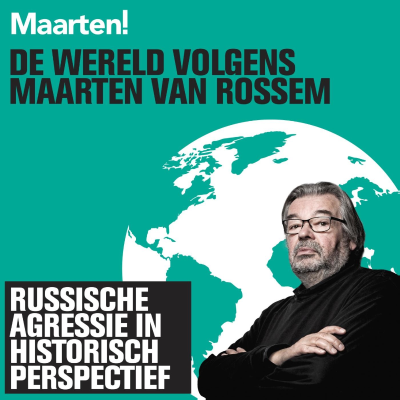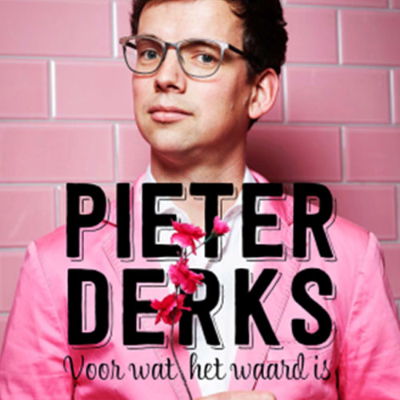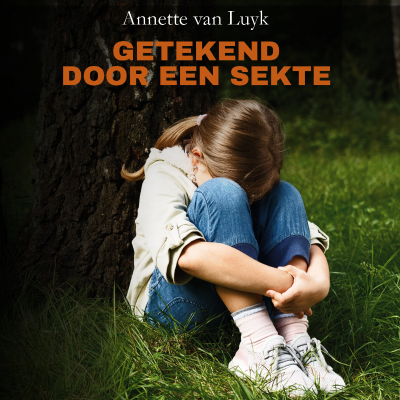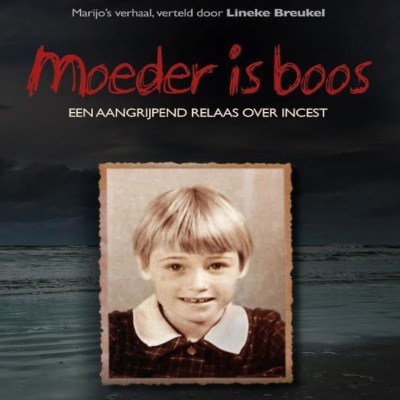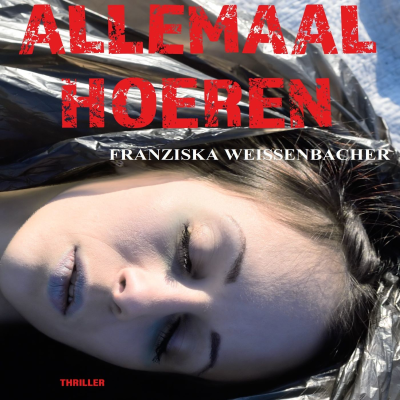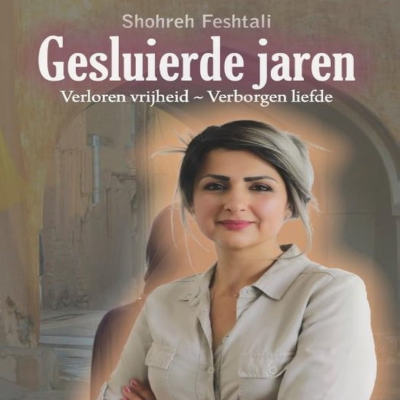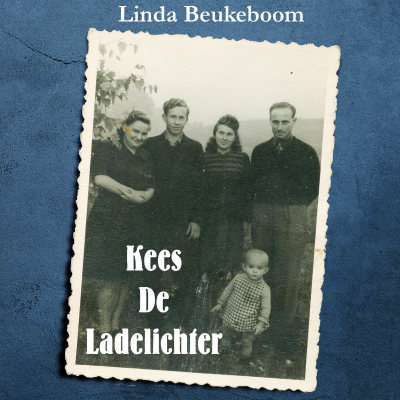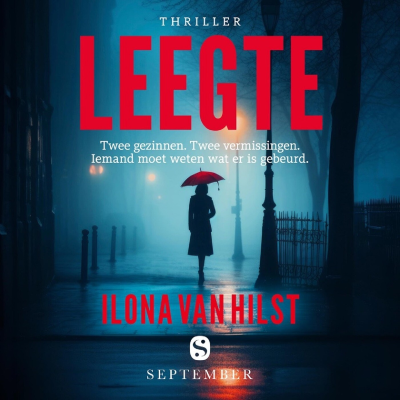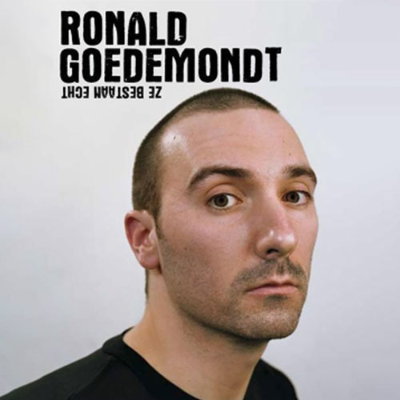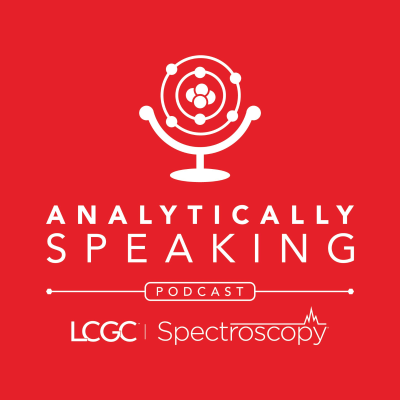
Analytically Speaking
Podcast door LCGC & Spectroscopy
Analytically Speaking, the podcast from LCGC and Spectroscopy magazines, addresses important issues in separation science and analytical spectroscopy. Topics include new analytical techniques, methods, and approaches; the latest trends; advances in instrument and software technology; practical solutions for specific applications; recent papers in the scientific literature and their applicability; challenges and solutions for data analysis and interpretation; analytical chemistry theory and fundamentals (from advanced research to tutorials and troubleshooting); and more. Our regular hosts are Dwight Stoll, PhD, a professor of chemistry at Gustavus Adolphus College in St. Peter, Minnesota, and Jerry Workman, PhD, a spectroscopist, noted author, and currently the Senior Technical Editor of Spectroscopy and LCGC. Dwight covers separation science and Jerry addresses spectroscopy related topics.
Tijdelijke aanbieding
3 maanden voor € 1,00
Daarna € 9,99 / maandElk moment opzegbaar.
Alle afleveringen
38 afleveringenHere in Episode #37, podcast host Dr. Jerry Workman speaks with Dr. Austin Daniels, application scientist for Yokogawa Fluid Imaging Technologies. This Episode will focus on flow imaging microscopy (FIM), a new technology for subvisible particle characterization in biologics. We have invited Austin to our Analytically Speaking podcast to discuss the current trends and state of using FIM to ensure the quality and safety of biologics. This requires precise monitoring of subvisible particles, which can impact drug efficacy and patient health. Traditional analysis methods, such as light obscuration (LO) and membrane microscopy (MM), provide limited data on particle types and morphology, making it difficult to pinpoint contamination sources.
In this episode, podcast co-hosts Dr. Dwight Stoll and Dr. James Grinias talk with Dr. Alix Rodowa, Research Chemist within the Organic Chemical Metrology Group at the National Institute of Standards & Technology (NIST) in Gaithersburg, Maryland. At NIST, she is the Environmental Sector Task Lead for the Organic Analysis Working Group for the Consultative Committee for Amount of Substance: Metrology in Chemistry and Biology (or CCQM). After discussing some of the events that sparked Dr. Rodowa’s interest in science, and analytical chemistry in particular, we discuss her path to a career as a NIST scientist, including cold-emailing potential research advisors, and an experience as a National Research Council (NRC) postdoctoral fellow. We then discuss her work on polyfluoroalkyl substances (PFAS), including the development of the PFAS Interference List - affectionately known as the “PIL” - and the development of a Standard Reference Material (SRM) for that research area. We also touch on emerging uses of machine learning in workflows for analytical target and suspect screening. Finally, Alix provides some insight into a day in the life of a NIST scientist, why she enjoys working in a government laboratory, and how aspiring scientists can explore this environment as a potential career option.
Here in Episode #35, podcast host Dr. Jerry Workman speaks with Dr. Ellen V. Miseo, who has been active in vibrational spectroscopy and instrument development her entire career and is formally trained as a physical chemist. She has worked for instrument companies as well as run laboratory operations. She is past president of both the Coblentz Society and Society for Applied Spectroscopy and currently heads Miseo Consulting. We have invited Ellen to our Analytically Speaking podcast to discuss the current activities of SAS and Coblentz to foster further education in the essential aspects of spectroscopy for current and future practitioners.
Perrault Uptmor of William & Mary, and Dr. Emanuela Gionfriddo of SUNY at Buffalo. Kate and Emanuela are both returning guests of the pod (see episodes 2 and 14), and joined us on-site at the Boston Convention Center to reflect on what we saw and heard at Pittcon 2025. In a wide-ranging conversation, we touch on a variety of aspects of the Pittcon experience, including networking opportunities, award sessions recognizing both early-career scientists and achievements over lifetimes, and of course trends in various areas as observed from the numerous technical sessions and talks. Several notable award sessions honoring great work in separation science included: ● ACS Division of Analytical Chemistry Young Investigator in Separation Science - awarded to Prof. Xiao Su of the University of Illinois at Urbana-Champaign ● Pittcon Analytical Chemistry Award - awarded to Prof. Dan Armstrong of the University of Texas at Arlington ● LCGC Emerging Leader Award - awarded to Prof. Katelynn Perrault Uptmor of William & Mary ● LCGC Lifetime Achievement Award - awarded to Christopher Pohl of CAP Chromatography and Consulting ● Chromatography Forum of the Delaware Valley Dal Nogare Award - awarded to Terry Berger Some of the trends discussed during the episode include developments in the use of machine learning and artificial intelligence tools in our field, multi-dimensional separations, green chemistry, and more!
In this episode, podcast co-hosts Dr. Dwight Stoll and Dr. James Grinias talk with Dr. Benjamin Garcia. Dr. Garcia is the Raymond H. Wittcoff Distinguished Professor and Head of the Department of Biochemistry and Molecular Biophysics in the School of Medicine at Washington University in St. Louis. His research interests primarily focus on the development of mass spectrometry-based proteomic approaches for the analysis of post-translational modifications of proteins (PTMs) and modified proteomes. His group specializes in high-throughput and quantitative analysis of many classes of modified proteins, especially epigenetic histone PTMs. He is a prolific author and scientific leader, with an h-index approaching 120. He has received a LOT of awards to date, but we sat down with him at the Eastern Analytical Symposium where he was recognized for his recent EAS Award for Outstanding Achievement in Mass Spectrometry. In the conversation we talk about the origins of Dr. Garcia’s interests in analytical science, mass spectrometry, and biomedical research, and he shares his thoughts about the current state and near future for technologies used for biomolecule separations including peptides, proteins, and oligonucleotides. We also discuss Dr. Garcia’s highly impactful efforts to promote participation in the analytical sciences by people from all backgrounds, and he shares some thoughts about the “to-do list” for his upcoming term as chair of the ACS Division of Analytical Chemistry.
Tijdelijke aanbieding
3 maanden voor € 1,00
Daarna € 9,99 / maandElk moment opzegbaar.
Exclusieve podcasts
Advertentievrij
Gratis podcasts
Luisterboeken
20 uur / maand
